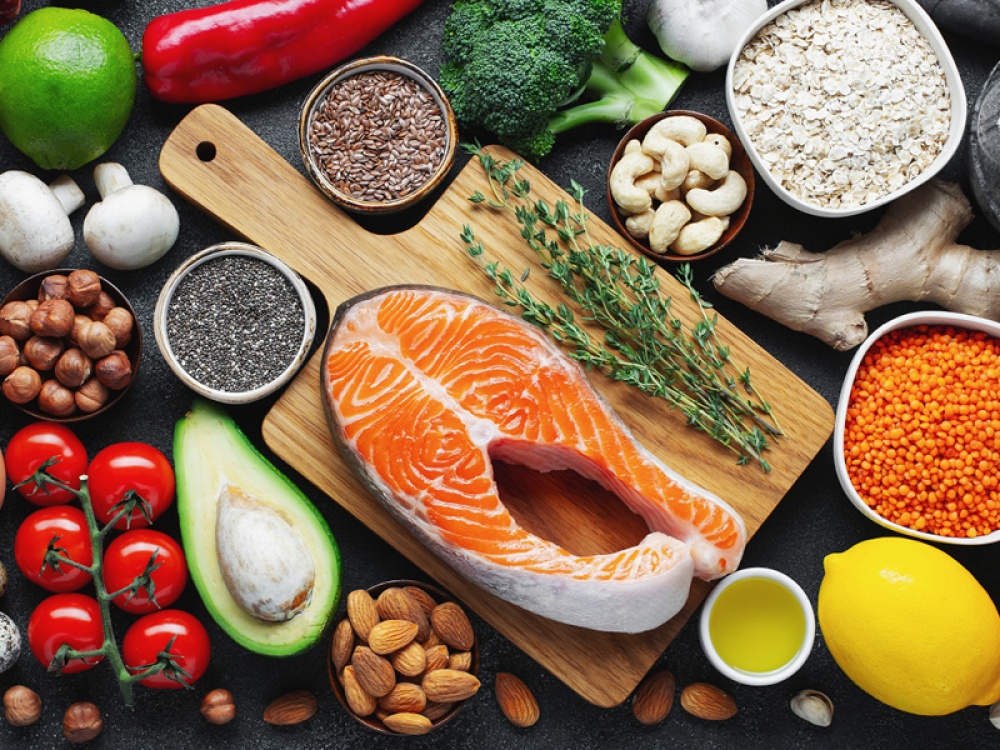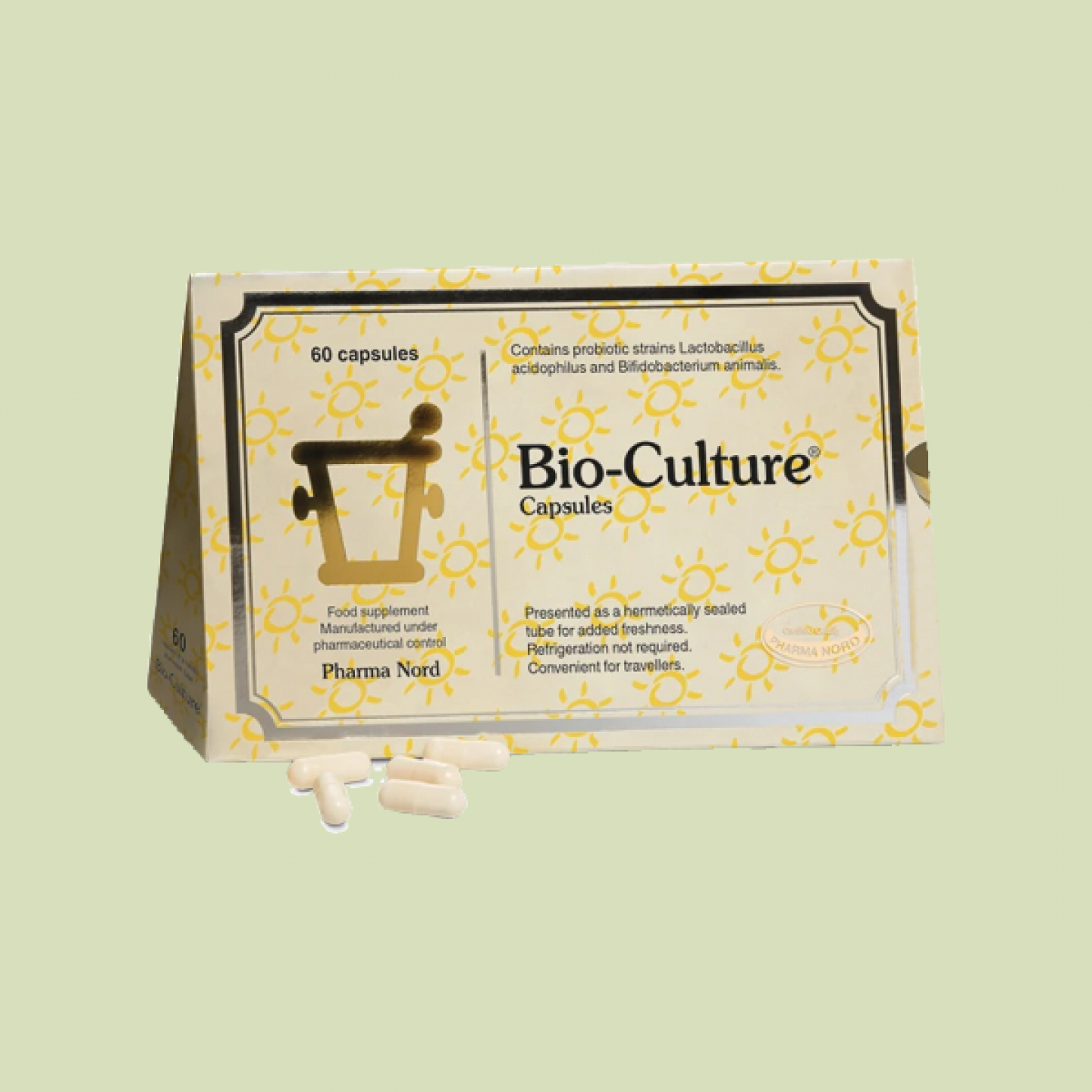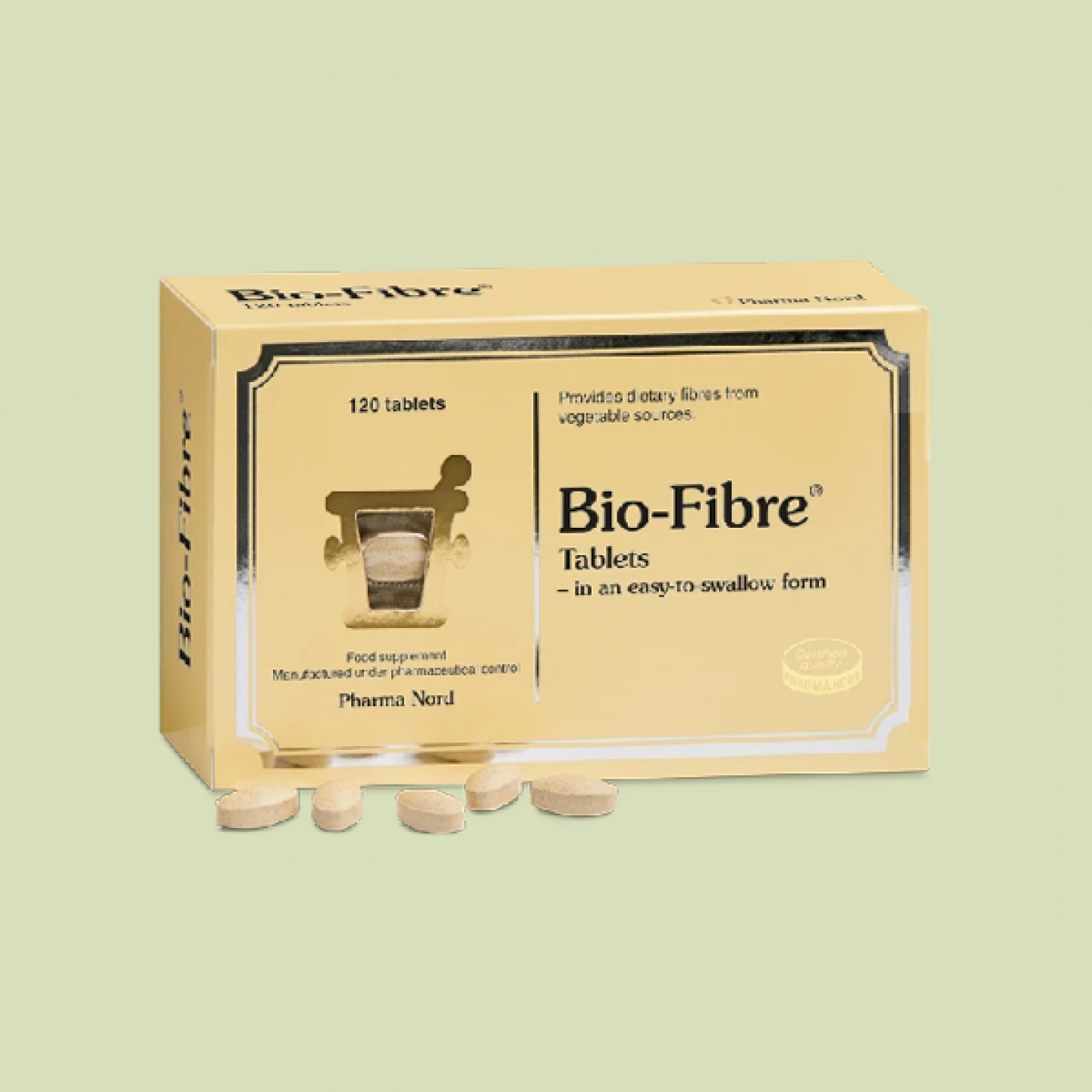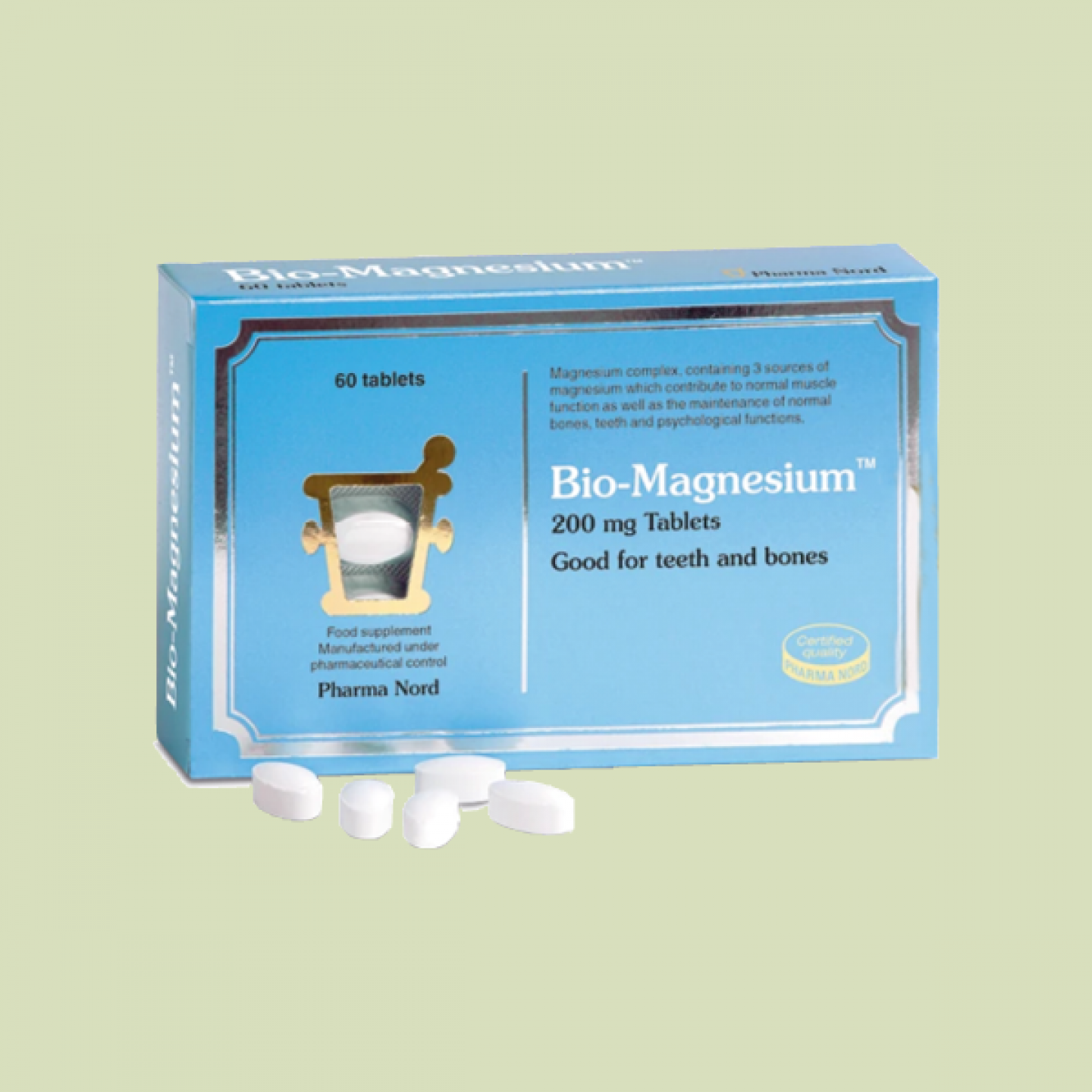Nutritionist Philippa August Reveals How to Heal your Gut

Research has shown the importance of good gut health and, with a link between the gut and brain, how it impacts both your physical and mental wellbeing
When life gets busy, nutrition is something that often gets neglected. A weekend takeaway here, a sweet treat there, plus convenient pre-packaged lunches from cafés or supermarkets – you may think you’re eating healthily but before long, those bad habits can add up and leave you without the important nutrients you need from food, as well as an unbalanced and unhealthy gut which can lead to a lack of energy and digestive problems, amongst many other issues.
Award-winning nutritionist Philippa August is the founder of The Giddy Gut, and stresses that poor gut health is not only detrimental for our physical wellbeing, but for our mental health, too. ‘There’s a link between the gut and the brain – the vagus nerve joins the two together,’ she says. ‘If somebody is suffering from anxiety and depression, that is indicative of a gut that’s not functioning as well as it could be. About 95 percent of serotonin is produced in the gut, so if somebody has low mood, it generally suggests they aren’t producing enough serotonin and there’s a gut issue there.’
Exactly how do you improve your gut health, though? ‘The three key things are cutting down on sugar, saturated fat and processed food,’ says Philippa. ‘The key thing in terms of the gut is looking after the microbiome. You need to start with putting good bacteria in there, with probiotic yoghurt, live yoghurt and kefir. And it needs to be full fat because that helps get bacteria down into the digestive system. Sauerkraut, kimchi, sourdough bread – these cultured foods are also highly probiotic.
‘Once you’ve got the bacteria in there, you need to feed them with prebiotic foods. Certain foods are really high in prebiotics – like oats, bananas, onions, leeks, garlic, asparagus and potatoes. If you’re eating a diet high enough in fibre, fibre is like fertiliser for the bacteria so will help it flourish.
‘One of the main ingredients to be aware of is sweeteners,’ she continues. ‘They’re really not good for gut bacteria. There are so many products that people might think are good because they’re low fat and low-sugar but if they’ve put a load of sweetener in there to make it taste nice, then it can turn unhealthy – yoghurt’s a classic one. It’s better to have a full-fat yoghurt with sugars in it from fruit and milk proteins than a low-fat version with a load of sweeteners. It’s best to eat natural as much as possible.’
Superfoods to include in our diet include avocados, peppers and sweet potatoes, which are all high in nutrients. ‘Nuts and seeds are fantastic, as are whole grains,’ says Philippa. ‘Most people don’t eat enough protein, so include good-quality protein sources such as lean chicken, turkey, fish, grass-fed beef and eggs. Leafy green vegetables such as spinach and kale, too.’
According to Philippa, benefits of a nutritional, gut-balancing diet can be seen within 72 hours, and will keep getting better with consistently good eating habits. ‘You’ll see a stronger immune system, improved mental health and improved hormonal balance. You’ll also be less likely to come down with colds and flu, energy levels will go up and brain power and focus will improve.’
She also highlights that good nutrition and gut health is important for everyone, of all ages. ‘It’s key as children are growing, then we become adults and are trying to look after our health as much as possible, especially women who face hormonal changes. Then, into the older age group it’s really about preservation and quality of life,’ she says.
Find out more from Philippa at thegiddygutnutritionist.com
Our Three Top Picks
For those who struggle to get the right nutrient through diet alone, supplements can help. Morpeth-based Pharma Nord focus on compensating for the shortcomings of a modern diet with their range of pharmaceutical-standard, high bioavailability supplements. Check out our three top picks

Bio-Culture
Containing four billion live bacteria per capsule, this probiotic supplement helps to maintain the body’s natural intestinal flora. With a special gel matrix, the capsule ensures bacteria is not released until it has reached its point of absorption – the small intestine.
£12.75 for 60 caps

Bio-Fibre
Many people lack fibre in their diet, and these capsules are a handy solution. A mix of soluble and insoluble fibre, they help to support regular bowel movements and maintain good digestive health.
£7.95 for 120 caps

Bio-Magnesium
Although magnesium is part of more than 600 enzyme processes in the body, magnesium deficiency is very common. A complex of three different salts, these supplements contribute to normal muscle, nervous system and psychological functions.
£7.85 for 60 tabs







